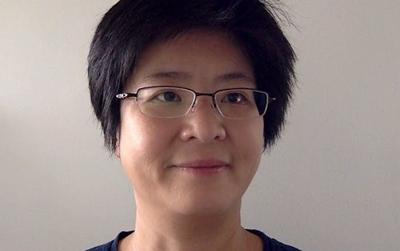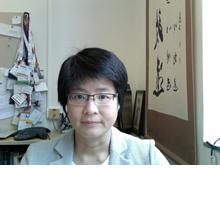A conceivable future for the inconceivable

Professor Ying Cheong will give July’s Inaugural Lecture discussing her research in reproductive medicine and her hopes for the research field’s future.
Name: Ying Cheong
Position: Professor of Reproductive Medicine
Research field: Reproductive Medicine
Your inaugural lecture takes place on 18th July 2019, what will it be about?
I titled my lecture ‘Inconceivable’ because successful conception is evolutionary biology. It therefore seems inconceivable that this does not successfully occur in one in six couples world-wide. Infertility is a condition influenced by numerous recognised pathologies.
Although a significant proportion of subfertility is frustratingly ‘unexplained’, societal change with advancing maternal age is increasingly seen as a key contributor.
From the outset, the practice of assisted conception has been surrounded by interesting and enduring ethical and political considerations. In my lecture, 40 years on from the inception of IVF, I will present my career’s journey so far, my view of current practice in reproductive medicine, a broad scope of my clinical and scientific work and, finally, my vision for the future. There is a conceivable future for the inconceivable!
What is your current research focus?
My research focuses on the understanding of the biology of endometrium and endometrial-associated pathologies with particular focus on translating this knowledge to clinical practice.
Why did you decide to focus your career on that particular area of research?
I have always been fascinated by how the uterus receives and sustains a pregnancy. As my expertise in this area grew, I was amazed how little we know about the science and physiology behind this. Indeed, there are currently limited options for monitoring, diagnosis and treatment of conditions relating to implantation failure, predominantly due to a lack of monitoring and diagnostic tools. Hence, my research has focused on unraveling some of these questions and innovating to produce tools to support translation in to clinical practice.
What have been your biggest ‘eureka’ moments in this field?
It is possible to invent something from nothing and work towards creating a paradigm shift in monitoring and diagnostics in my field.
How would you describe the rate of progress in your research field that you’ve witnessed?
Exponential and I anticipate it will continue to be so.
How has the role of women in scientific research changed during the course of your career?
In medicine, particularly in Obstetrics and Gynaecology, the predominant gender at recruitment is now female. I believe this will inevitably mean more female academics coming through. But, sadly, women still make up just a minority of Professorial positions, which reflects a similar situation found in senior executive roles in the commercial sector. Nevertheless, I am optimistic this will gradually improve.
What would you say is your proudest career achievement?
There are two – founding Complete Fertility, a fertility centre that now treats thousands of patients at the Princess Anne Hospital and founding and developing Vivoplex Medical Ltd in to a world-leader in intrauterine sensing.
What excites you most about the future of your research field?
The future in my field is bright and exciting. There are so many new innovations and potential medical breakthroughs on the horizon, the possibilities are truly enticing. I firmly believe ground-breaking research in Reproductive medicine is a foundation to many aspects of developmental medicine.
